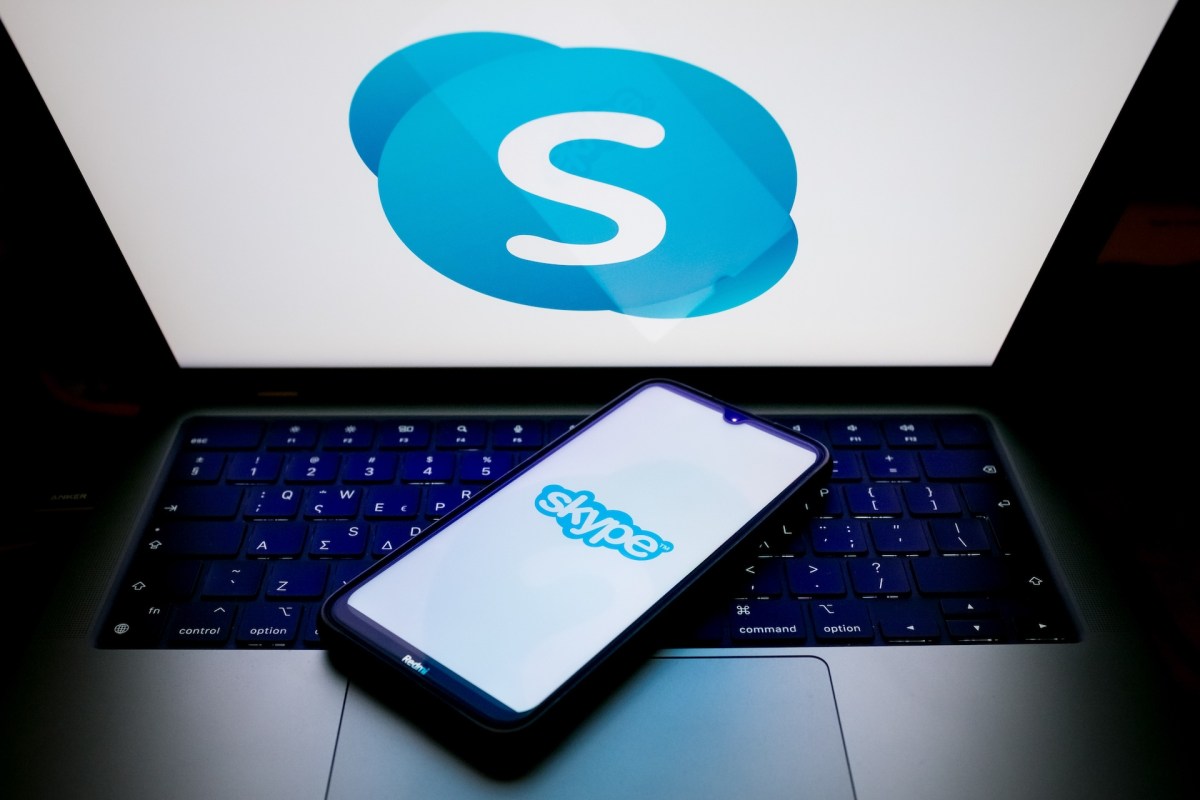Breaking: Skype's Final Curtain Call — Top Communication Apps to Save Your Digital Lifeline

Skype's Final Call: Saying Goodbye to a Video Calling Pioneer
After more than two decades of revolutionizing global communication, Skype is preparing to make its final connection. Microsoft, the platform's parent company, has announced that the iconic video-calling service will officially shut down on May 5th, marking the end of an era for digital communication.
For 23 years, Skype has been a groundbreaking platform that connected friends, families, and professionals across continents, bridging geographical gaps with just a click. Its user-friendly interface and innovative video calling technology transformed how people communicate internationally.
Finding Your Next Communication Companion
With Skype's imminent departure, users are seeking reliable alternatives to maintain their global connections. Fortunately, numerous video calling apps are ready to fill the void, offering similar—and in some cases, enhanced—communication experiences.
Top Skype Alternatives to Consider:
- Zoom
- Microsoft Teams
- WhatsApp Video Call
- Google Meet
- FaceTime
- Discord
As technology continues to evolve, these platforms promise to keep us connected, ensuring that the spirit of global communication pioneered by Skype lives on.
